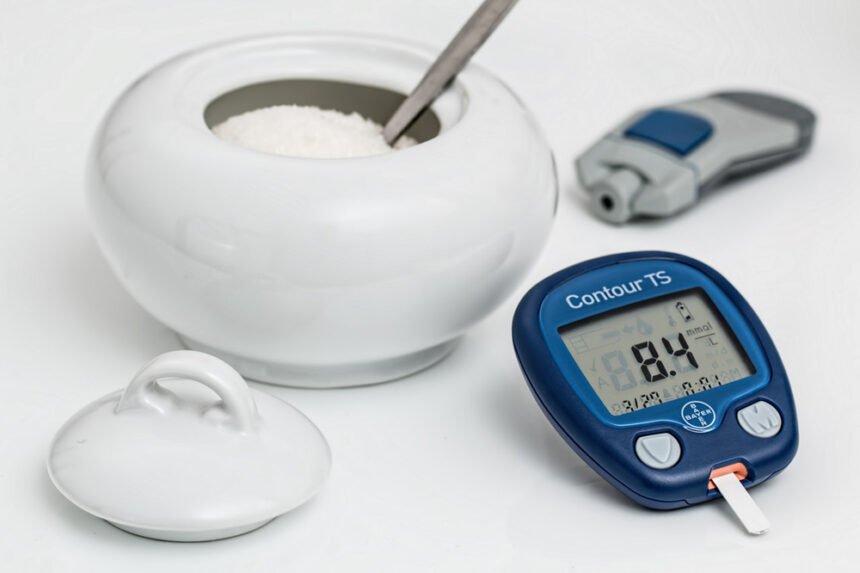Pancreatic cancer has one of the worst outcomes in oncology. Other pancreatic conditions, such as diabetes, are on the rise. Improvements in pancreatic treatment is becoming a vital focus of modern medical research. Though basic research continues to struggle with these complex conditions, technological advances are improving treatment options for various pancreatic conditions. While the techniques are new, the tools may be at your fingertips.
Reversing Diabetes
When most people think about the pancreas, they think about diabetes: specifically, Type II diabetes, which is often referred to as the ?adult onset? form of the disease. In addition to causing problems producing and using insulin, diabetes has grave consequences across body systems. Indeed, when the condition is poorly managed diabetes can cause blindness, peripheral neuropathy, or even require limb amputations. The excessive cost of synthetic insulin and other equipment, such as test strips and meters, can make diabetes very expensive to treat. Two new treatment protocols could transform how we think about the disease, particularly for patients with Type I diabetes, the autoimmune form of the disease. Researchers at the Gladstone Institute, in partnership with the University of California, are pioneering a process which would allow doctors to transform skin cells into working pancreatic cells. Using skin cells eliminates compatibility issues, allowing doctors to eliminate the need for insulin injections. Some individuals with Type II diabetes may also benefit from this revolutionary treatment.
Pancreatic Transplants
Demand for pancreatic transplants is on the rise, causing organ shortages. Fortunately, 3-D printing could resolve these shortages using bio-scaffolding, a process which supports the complex geometry of human organs. Scientists have been able to successfully print and transplant organs into animals, including ovaries into rats. Researchers suspect 3-D organs could hit the market within the next 5-10 years. Researchers are already awaiting approval on an artificially produced, biocompatible human skin, which opens the door to other organ systems. A pancreas created with this technology could cure diabetes. Unlike other biotech tools, 3-D printers are inexpensive and could be made widely available to hospitals around the globe.
Conquering Pancreatic Cancer
Cancer is the other widely recognized form of pancreatic disease, and it?s remarkably difficult to treat. Accurate diagnosis is the key to improving patient outcomes. Pancreatic and biliary endoscopies play a key role in the diagnostic process, but remarkably very few doctors demonstrate any real skill at this task. When performed properly, pancreatic endoscopies can identify masses, cysts, and various forms of pancreatitis. They can also help pinpoint the precise location of a mass while allowing doctors to take a biopsy. Those who excel at this procedure can make diagnostic or treatment interventions, instead of generalizing about the organ?s disease state. According to gastroenterologist Dr. Guru N. Reddy, interventional pancreatic endoscopies offer patients an important jumpstart on the treatment of an aggressive disease. There?s no time to delay when it comes to pancreatic cancer. Any gastroenterologist should understand the mechanics of interventional endoscopies, especially as such exams can reduce the need for MRI and CT scans. Doctors even need to be able to diagnose the specific subtype of pancreatic tumor plaguing the patient. Pancreatic neuroendocrine tumors (PNETs), for example, account for a relatively small number of pancreatic cancer cases, but cause the liver to metastasize at an unusually high rate. 85% of patients with PNETs will suffer a liver metastasis during their lifetime. Identifying the presence of a PNET can prompt doctors to increase the frequency of liver exams or to check for related genetic conditions like Multiple Endocrine Neoplasia Type I, or Von Hippel-Lindau Disease. Interventional endoscopies also allow doctors to test tumor tissue, allowing them to detect unusual levels of gene or molecular activity. Early research into pancreatic ductal adenocarcinomas detected that micro RNA MIR506 activity acts as a tumor suppressant in the body. Direct treatment with this RNA, based on post-endoscopy testing, could offer a way forward to a non-toxic treatment option.
Staying Current
Medical centers need to stay abreast of new treatments and publicize them to remain competitive. Take on new equipment, invest in the training, and make sure you?re giving your patients the very best in treatment.







